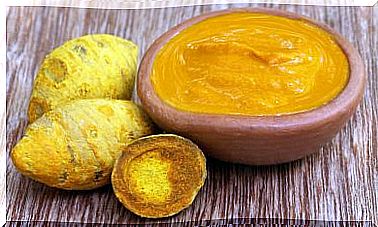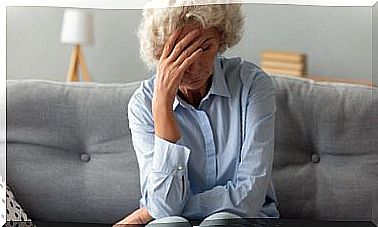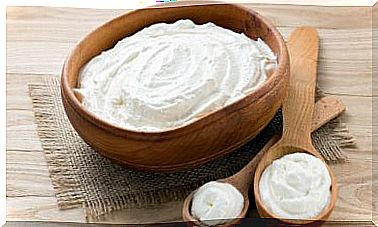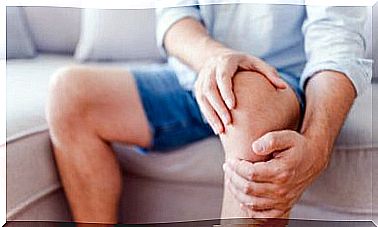Products That You Should Not Use To Reduce Or Eliminate Scars
All skin blemishes and marks require a series of specific care. However, many of us often want a simple, fast and effective treatment that does not involve too many inconveniences when it comes to reducing or eliminating scars. For this reason, we may be too hasty and consider applying home remedies and natural preparations that promise multiple benefits.
The desire for immediate benefits, coupled with the rush to look “perfect”, are counterproductive when it comes to addressing any health problem, including issues that do not greatly compromise health, such as marks and scars on the skin. skin.
Regardless of the reason that caused the mark or scar (surgery, an accident, acne, etc.) or how visible it is or not, we do not want to have it because it is an aesthetic problem. So we want solutions. And the sooner the better.
However, rushing and looking for immediate solutions is not the most advisable, nor the most convenient. In reality, when we rush and resort to any preparation or mixture, what we may be doing is increasing the risk of obtaining the opposite effect (accentuating the scar more) or causing us a greater problem (such as an injury).
What should be avoided when reducing or eliminating scars?
- Apply baking soda (alone or mixed with other ingredients). Instead of attenuating or eliminating scars, it will cause an even worse injury and make the subsequent approach difficult.
- Put lemon juice on the skin. This one of the most recommended homemade skin care products in the popular sphere, however, is one of the most counterproductive, since in addition to causing irritation, it can make the problem worse.
- Spread cocoa cream, butter, vegetable or essential oils, and products not prescribed by the doctor.
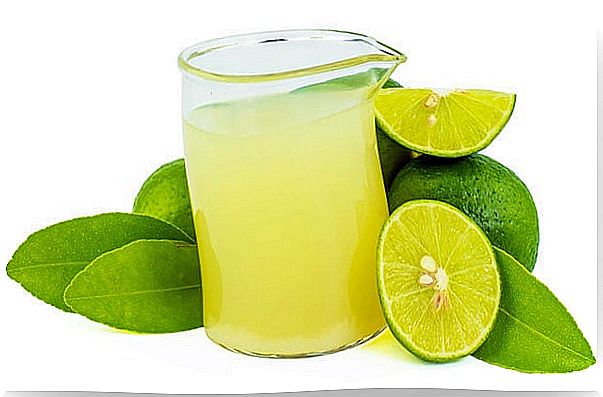
The case of aloe vera
After lemon juice, aloe vera is one of the most recommended home remedies to reduce or eliminate skin scars. However, experts in dermatology indicate that the use of aloe is not as beneficial as you want to believe.
Although it has moisturizing and healing properties, it is not a good treatment for wounds or burns, as it has irritating components that can cause adverse reactions in skins that present some alteration.
On the other hand, the researchers comment that “there is a greater risk of sensitization, that is, of developing immunity in such a way that, if aloe vera comes into contact with the skin again, it could generate an inflammatory reaction.”
Although there are skin care products made with extracts or certain components of aloe vera, lemon, cocoa, a vegetable oil, a food or a plant, that does not mean that the use of these elements is valid in any way .
It should be borne in mind that the products have gone through a meticulous manufacturing process in which we have sought to minimize the possibility of the substances generating adverse reactions.
It is best to follow the treatment prescribed by the dermatologist
Home remedies, although they promise benefits and easy solutions to skin health problems, are not a recommended option. On the contrary, they can promote various adverse reactions and worsen your condition.
The experts at Salud sin Holes strongly recommend that you always consult with a dermatologist before applying any type of home remedy or preparation to the skin to reduce or eliminate scars, or to treat any type of skin disorder.
On the other hand, in case you want to try a remedy out of curiosity, consult your dermatologist first. The professional can always tell you what is best for your case and what you should avoid. Avoid applying ointments and preparations of any kind without their permission.
